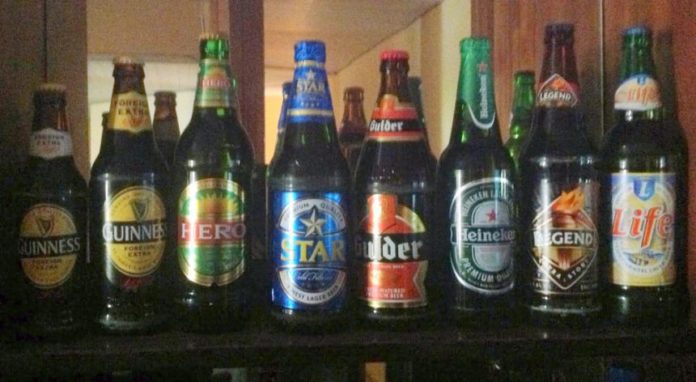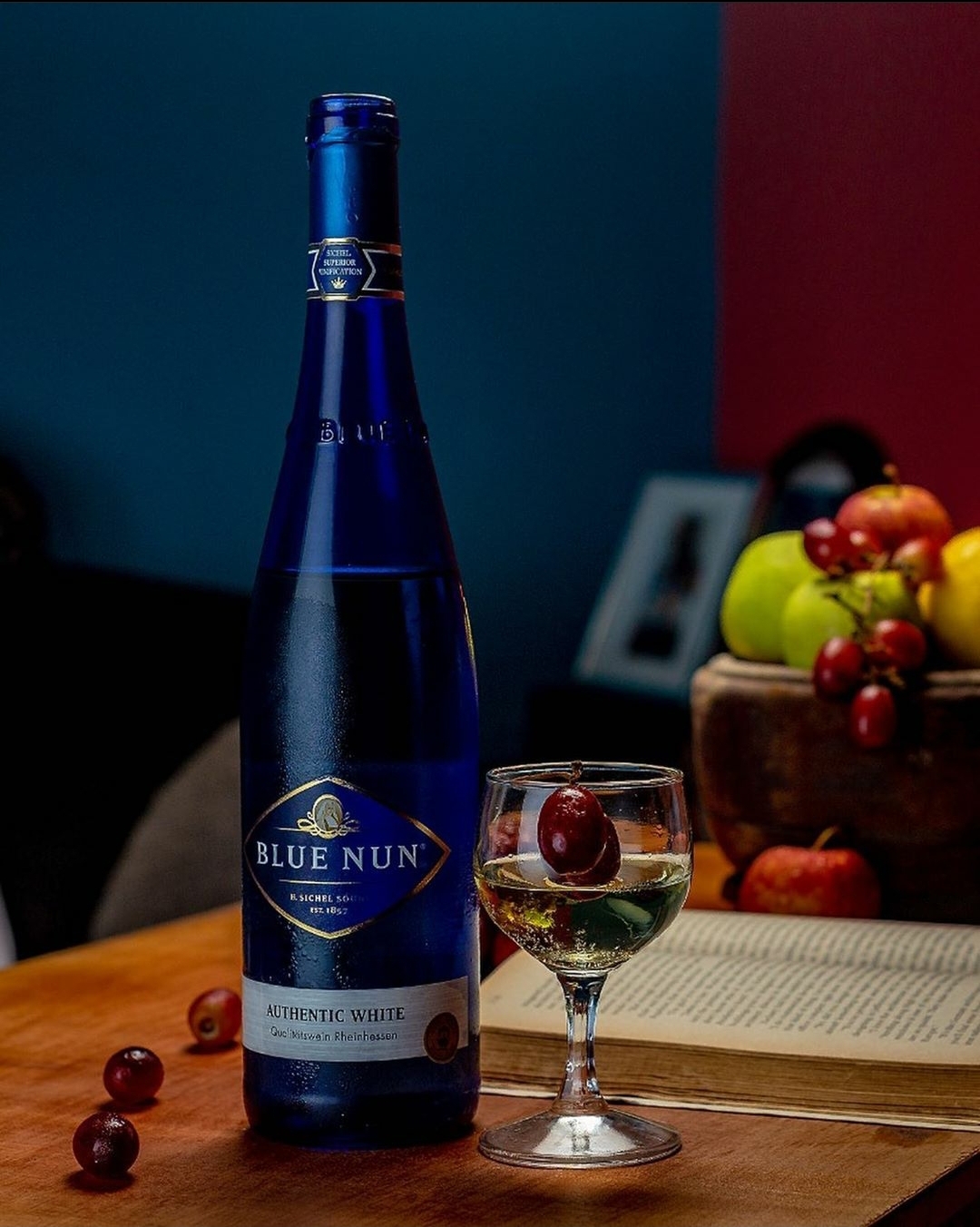The recently federal government approved excise duty for alcoholic beverages and tobacco will take effect today as earlier announced.
The new tariff system introduced by the Finance Minister Kemi Adeosun was given the go ahead in March by President Muhammadu Buhari.
A statement from her ministry had said: “The Tariff Technical Committee (TCC) recommended the slight adjustment in the excise duty charges after cautious considerations of the government’s fiscal policy measures for 2018 and the reports of the World Bank and the International Monetary Fund Technical Assistance Mission on Nigeria’s fiscal policy.
“The effect of the excise duty rates adjustment on trade and investment was also assessed by the federal ministry of trade and investment and it adopted the recommendations of the TTC.
“Furthermore, peer country comparisons were also carried out showing Nigeria as being behind the curve in the review of excise duty rates on alcoholic beverages and tobacco.”
The minister had earlier said that under the new rates for tobacco, in addition to the 20 per cent ad-valorem rate, each stick of cigarette will attract a one naira specific rate.
She also added that by 2019, tobacco would attract two-naira specific rate per stick while it will attract N2.90 kobo specific rate per stick by 2020.
Under the review, beer and stout will attract 0.30k per centilitre (Cl) in 2018 and 0.35k per Cl each in 2019 and 2020.
Wines will attract N1.25k per Cl in 2018 and N1.50k per Cl each in 2019 and 2020; while N1.50k per Cl was approved for spirits in 2018, N1.75k per Cl in 2019 and N2 per Cl in 2020.
This move is being met by stiff resistance by a group which calls itself the Business Renaissance Group.
Last week the group approached a Federal High Court in Abuja pleading for an immediate halt of the new tariff stating that:
‘a declaration that the phenomenal increment of duties on alcoholic beverages and tobacco is indefensibly and unjustifiably selective, discriminatory, unreasonable and unfairly oppressive of a particular segment of the Nigerian society and the plaintiffs in particular, who use the affected products and whose means of livelihood are threatened by the new oppressive tariffs’.









